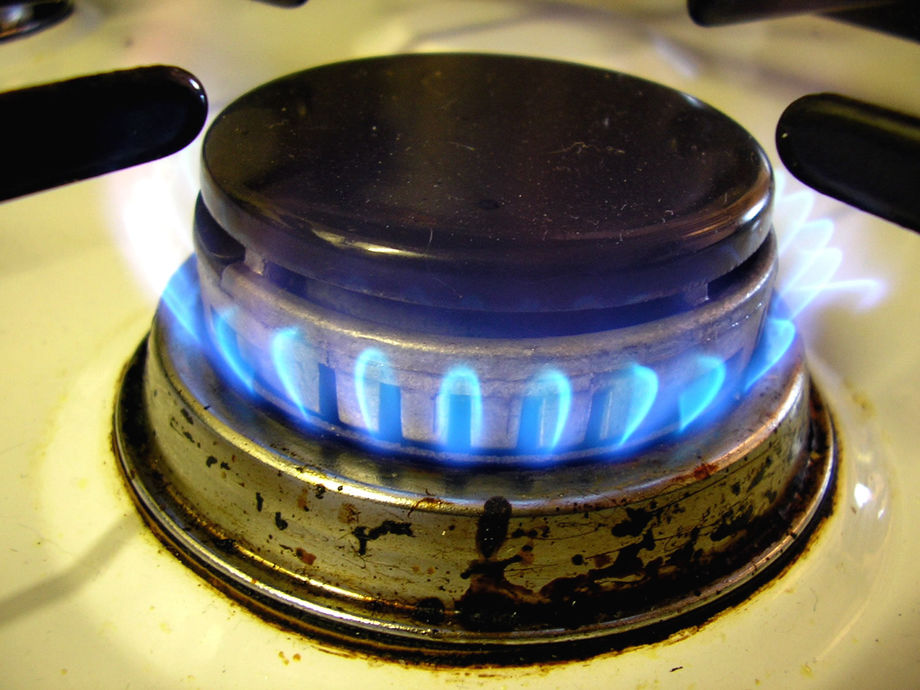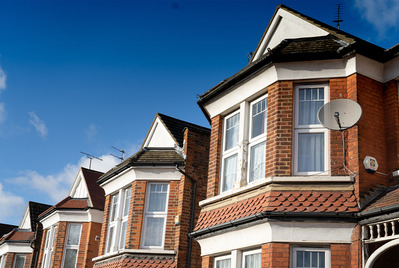
Gas safety is important all year round, but Gas Safety Week (19th - 25th September 2016) - coordinated by Gas Safe Register - is a time for us to really focus on gas safety.
 Poorly installed or maintained gas appliances, pipes and flues can put you at risk of carbon monoxide poisoning, gas leaks, fires and explosions. Following the tips below can help you keep your house safe.
Poorly installed or maintained gas appliances, pipes and flues can put you at risk of carbon monoxide poisoning, gas leaks, fires and explosions. Following the tips below can help you keep your house safe.
Top tips for gas safety
- Only use a Gas Safe registered engineer to fit and maintain your appliances. You can find an engineer at GasSafeRegister.co.uk.
- Check your engineer's Gas Safe Register ID card. Check the back of the card to make sure they are registered for the work you have requested.
- Have your gas appliances checked every year.
- Know the six signs of carbon monoxide poisoning - headaches, dizziness, breathlessness, nausea, collapse and loss of conciousness.
- Check gas appliances for warning signs of faults. Key signs to look for are lazy yellow flames (instead of crisp blue ones), black marks around the appliance and too much condensation in the room.
- Fit a carbon monoxide alarm.
Advice for landlords
Gas Safety Regulations
Legislation states that every let must have a Gas Safety Record carried out by a qualified Gas Safe Register engineer. This must be in place before your tenants move in to the property and then checked every 12 months. Your Move can arrange these checks for you.
Smoke & Carbon Monoxide Alarms
Legislation also dictates rules for landlords regarding smoke and carbon monoxide alarms. All rented properties must have at least one smoke alarm installed on every storey and a carbon monoxide alarm in any room containing a solid fuel burning appliance.
Learn more about our services for landlords >
Advice for tenants
Be sure to follow the appliance safety rules above in your home.
If you notice any problems or faults with gas appliances provided by the landlord then report them immediately to whoever manages the maintenance of the property – that might be a letting agent or the landlord themselves.
Make sure you know where the smoke and carbon monoxide alarms are and check these regularly. If these aren't in place your landlord must supply them.
The Your Move Content Marketing Team



